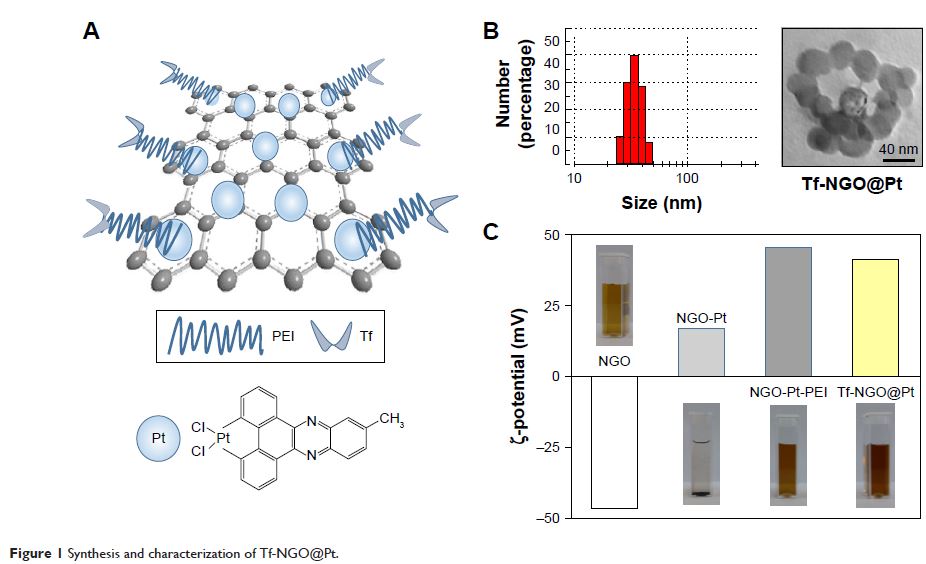109451
论文已发表
注册即可获取德孚的最新动态
IF 收录期刊
- 3.4 Breast Cancer (Dove Med Press)
- 3.2 Clin Epidemiol
- 2.6 Cancer Manag Res
- 2.9 Infect Drug Resist
- 3.7 Clin Interv Aging
- 5.1 Drug Des Dev Ther
- 3.1 Int J Chronic Obstr
- 6.6 Int J Nanomed
- 2.6 Int J Women's Health
- 2.9 Neuropsych Dis Treat
- 2.8 OncoTargets Ther
- 2.0 Patient Prefer Adher
- 2.2 Ther Clin Risk Manag
- 2.5 J Pain Res
- 3.0 Diabet Metab Synd Ob
- 3.2 Psychol Res Behav Ma
- 3.4 Nat Sci Sleep
- 1.8 Pharmgenomics Pers Med
- 2.0 Risk Manag Healthc Policy
- 4.1 J Inflamm Res
- 2.0 Int J Gen Med
- 3.4 J Hepatocell Carcinoma
- 3.0 J Asthma Allergy
- 2.2 Clin Cosmet Investig Dermatol
- 2.4 J Multidiscip Healthc

转铁蛋白 (Transferrin) 官能化的纳米二氧化硒氧化物用于递送铂络合物以增强癌细胞选择性和凋亡诱导功效
Authors Zhu H, Zhou B, Chan L, Du Y, Chen T
Received 8 April 2017
Accepted for publication 7 June 2017
Published 13 July 2017 Volume 2017:12 Pages 5023—5038
DOI https://doi.org/10.2147/IJN.S139207
Checked for plagiarism Yes
Review by Single-blind
Peer reviewers approved by Dr Thiruganesh Ramasamy
Peer reviewer comments 2
Editor who approved publication: Dr Linlin Sun
Abstract: Rational design and construction of delivery nanosystems for anticancer
metal complexes is a crucial strategy to improve solubility under physiological
conditions and permeability and retention behavior in tumor cells. Therefore,
in this study, we designed and synthesize a transferrin (Tf)-conjugated
nanographene oxide (NGO) nanosystem as a cancer-targeted nanocarrier of Pt
complexes (Tf-NGO@Pt). This nanodelivery system exhibited good solubility under
physiological conditions. Moreover, Tf-NGO@Pt showed higher anticancer efficacy
against MCF human breast cancer cells than the free Pt complex, and effectively
inhibited cancer-cell migration and invasion, with involvement of reactive
oxygen species overproduction. In addition, nanolization also enhanced the
penetration ability and inhibitory effect of the Pt complex toward MCF7 breast
cancer-cell tumor spheroids. The enhancement of anticancer efficacy was
positively correlated with increased cellular uptake and cellular drug
retention. This study provides a new strategy to facilitate the future
application of metal complexes in cancer therapy.
Keywords: cancer
targeting, nanographene oxide, nanomedicine, transferrin, platinum complex,
cell apoptosis
